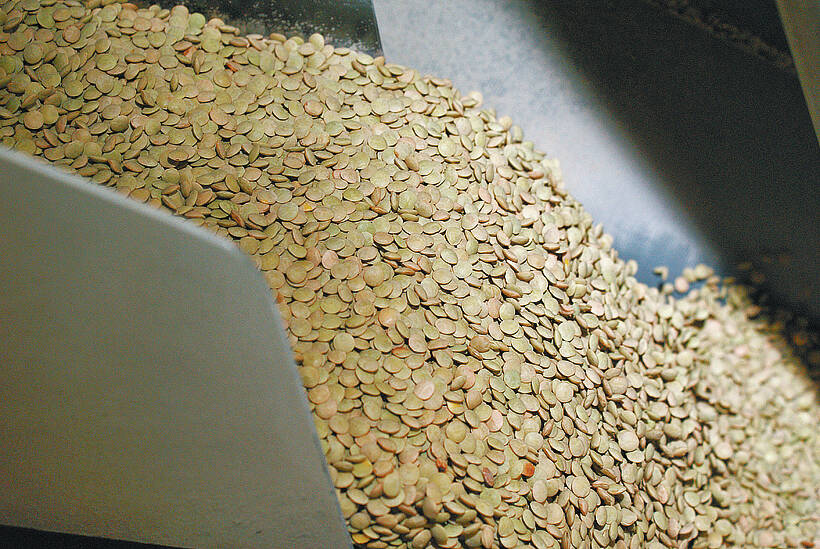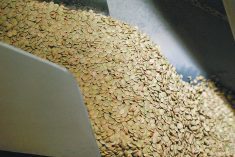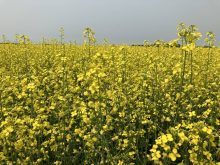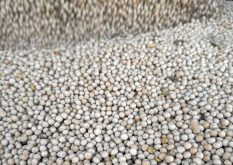A disruption of canola sales in Ontario this fall serves as a wakeup call for producers and politicians across the country, says federal NDP agriculture critic Charlie Angus.
He said the temporary suspension of canola purchases in that province left growers high and dry and points out the perils of having one large corporation dominating a market.
“We need competition in the marketplace,” Angus said last week. “We need to insist on it. We need to break up the monopolies if we have to.”
Archer Daniels Midland is the only company crushing canola in Ontario.
Read Also

Green lentil market oversupplied
Farmers in Western Canada can expect price pressure on their new crop of green lentils, as the available supplies among the world’s major lentil-growing nations increase significantly.
In mid-August, the company stopped drawing from the 2005 canola crop in Ontario due to issues with quality and grading. Shipments later resumed, but not before questions were raised about how the crop was being graded.
Angus said ADM deviated from Canadian Grain Commission standards on how canola is graded to reject grades 1 and 2 canola from producers. That left a lot of growers with no market for their higher grade canola, he said.
“This is the first time that we’ve had a new standard that’s separate from the grain commission standard on what is acceptable.”
But the president of the Ontario Canola Growers Association said the problems cannot be pinned only on ADM. Brian Wiley said there were problems with the fatty acid profile of this year’s canola in Ontario and it brought to light how challenging it can be to grade the crop.
“Ontario Canola Growers do not hold ADM totally at fault for this situation. The fault was the quality of the 2005 canola crop.
“Nevertheless, this year did drive home the fact that having one market is not an ideal situation. The Ontario Canola Growers is actively pursuing other possible markets for the future.”
Wiley said ADM brought in an inspector from the Canadian Grain Commission to grade alongside the company’s staff so that shipments of grades 1 and 2 canola could resume in later September. He doubts there is much top grade canola left on farms in southwestern Ontario, although there could be some found farther north.
Angus insists there needs to be an investigation into the lack of competition and he wants governments to help farmers gain more power in the marketplace. Part of that help should come in the form of “hard cash” for producers wanting to start regional enterprises that could process and add value to their commodities, he said.
“Right across the country you don’t see the wheat pool or the co-op signs anymore. You see the few giant agribusiness signs and they are the ones who can make arbitrary decisions and the farmer has no ability to challenge those standards.”
Bunge also owns a plant in Ontario that can crush canola. However, it is devoted to crushing soybeans and Wiley said he was told that 2007 is the earliest any canola might be crushed there due to the need for a retrofit at the plant.
Ontario typically plants 50,000-55,000 acres of canola each year.














